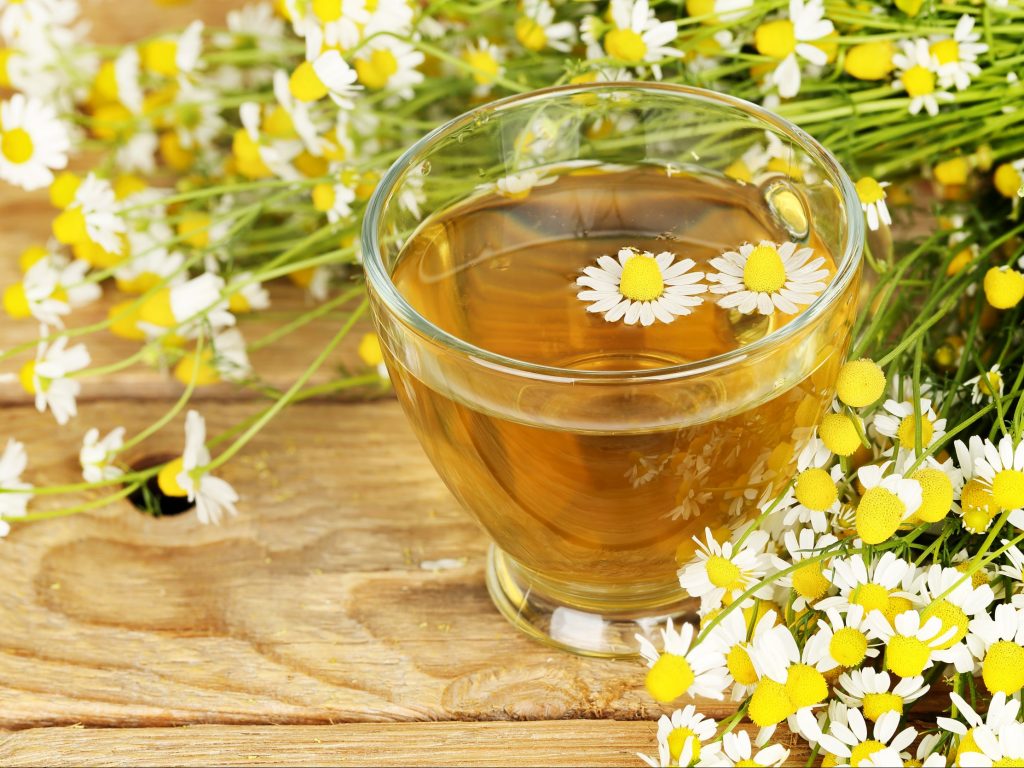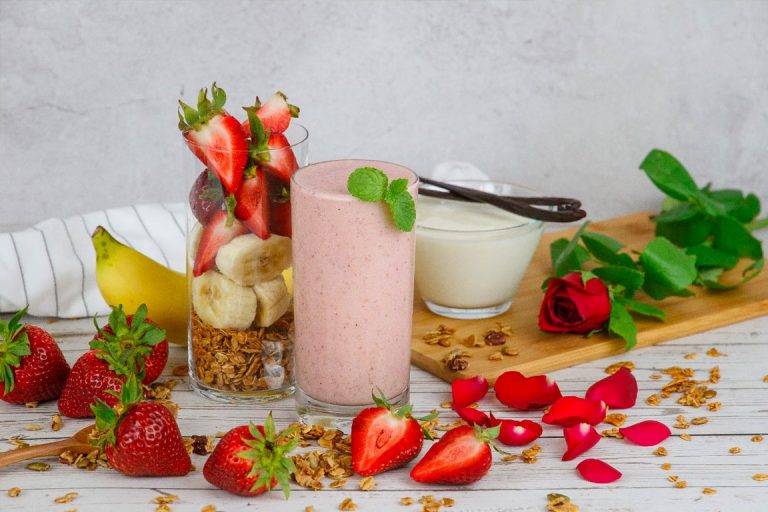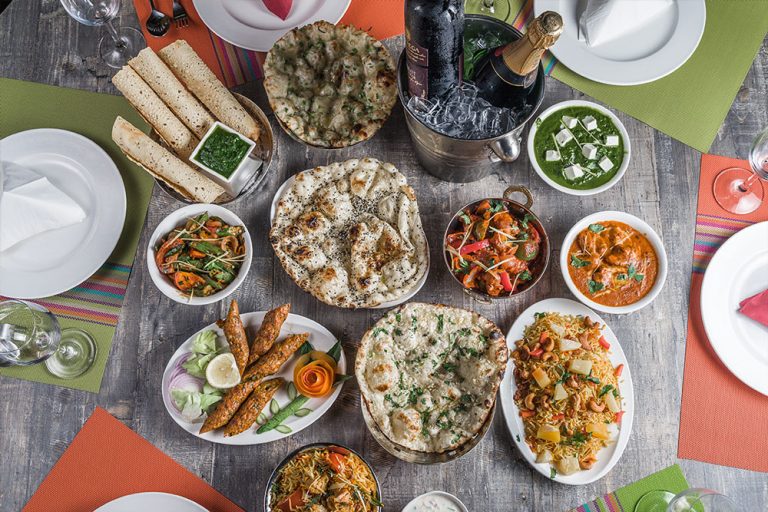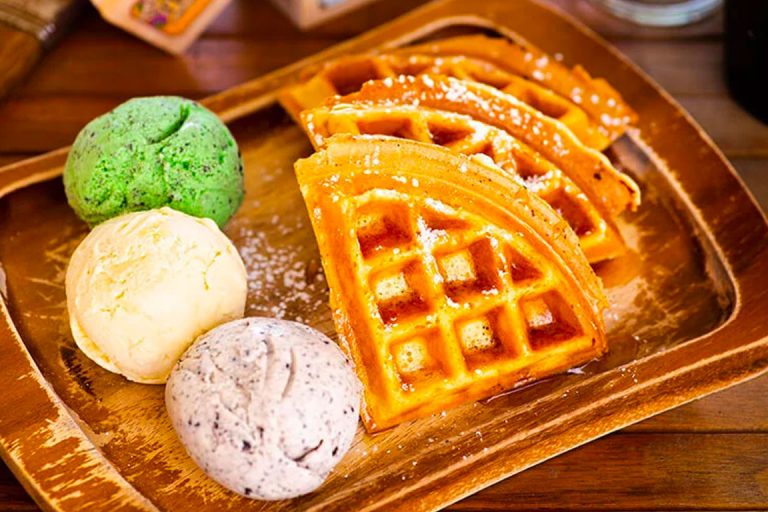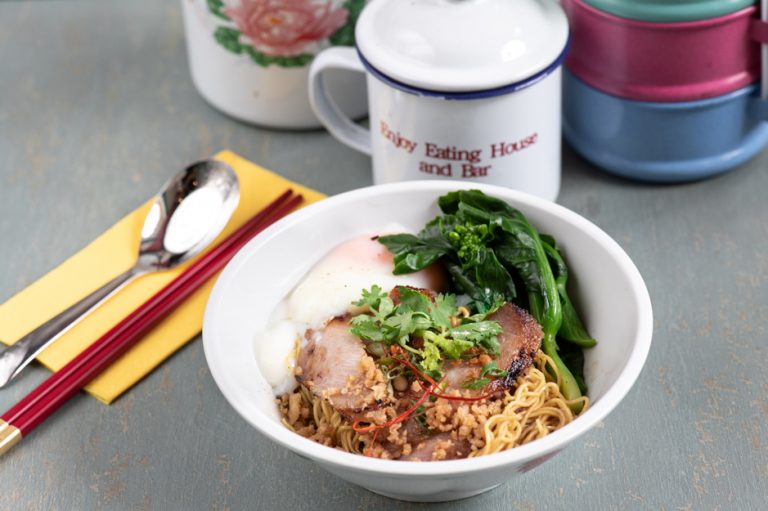I’m coffee and caffeine-intolerant. You’ll never see someone more reactive than me. Forget a cuppa, a simple coffee candy can leave me feeling all sick and fidgety for the next 24 hours.
Of course, it took me a long time to realise that my body can’t handle copious amounts of coffee or anything caffeine-based, and an even longer time to finally gain the self-control to stop cold turkey. Gone were the glorious days of hunts for the best coffee in town – I’ve now settled for drinks that are less harmful to my system.
If you’re like me – if a good java dose only ends in a state of frenzy with a not-so-good crash afterwards, you may want to seriously consider changing your game. That sick feeling coupled with a loss of concentration, racing thoughts, palpitations, sweating, headache, diarrhoea and nausea are your body’s way of saying, “STOP!”
Is it the coffee or the caffeine?
Don’t be confused. There is a difference between coffee intolerance and caffeine intolerance. People who have adverse effects to caffeine should eliminate any food or drink that contains the substance from their diet, unlike those who are sensitive to only coffee.
Nevertheless, limiting your caffeine intake is still a smart move, especially when you clearly feel lousy after every cup. Here are 6 equally-delicious alternatives to try instead – you have my word.
1. Decaf Coffee
This one’s obvious. If you can’t tolerate caffeine in huge amounts, decaf coffee might do the job for you. This type of coffee only contains approximately 7 mg of caffeine per cup as compared to regular coffee with over a 100 mg per cup. You can find decaf coffee in most major supermarkets.
Not suitable if you’re intolerant to coffee and caffeine.
2. Chicory Coffee
If you’ve never heard of chicory coffee before, you’re missing out on a lot of fun. Although this drink is called chicory coffee, it contains absolutely no coffee beans and is instead made of ground chicory root which belongs to a plant native to the Dandelion family. That said, chicory coffee still tastes so much like actual coffee which is why it has become so popular. The plant is traditionally used to treat indigestion and constipation, as well as to curb excessive snacking urges.
Suitable if you’re intolerant to coffee or caffeine. Please consume in moderation as chicory has a laxative effect.
3. Masala Chai
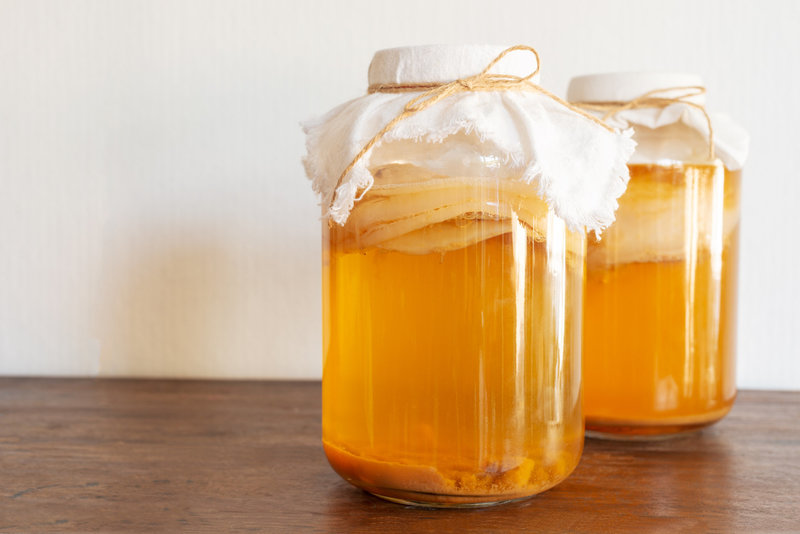
Want nothing to do with coffee taste? You can opt for the Indian masala tea instead. Made with black tea leaves, fresh milk and herbs like ginger, cardamom, black pepper, cloves and cinnamon, this creamy tea can never go wrong or out of trend. I personally love a good cup of masala chai not only for its great taste but also for its fragrance that permeates through every space in my house while I brew it.
While black tea leaves do contain some amount of caffeine, it’s still much milder than a regular cup of coffee. Ayurveda has proven time and again that masala chai boosts the immune system, alleviates aches and pains, and soothes the digestive system – among many other benefits.
If you’re vegan, simply substitute milk with any plant-based milk. Or you can enjoy it without any milk too!
Not suitable if you’re intolerant to caffeine or tannin.
4. Mushroom Coffee
Are you thinking, “What in the world?” But yes, mushroom coffee is a thing! One of the more well-known mushroom coffees is made from the chaga mushroom which grows on birch trees in the northern hemisphere. Just a quick heads up if you’re about to Google this mushroom – there’s more than meets the eye. The chaga mushroom is packed with nutrients like zinc, iron, vitamin B and calcium. It is also believed to have numerous benefits for our skin!
And why am I recommending this, you ask? The chaga mushroom coffee is both super-nutritious and contains significantly less amount of caffeine than regular coffee.
Not suitable if you’re intolerant to coffee and caffeine.
5. Chamomile Tea
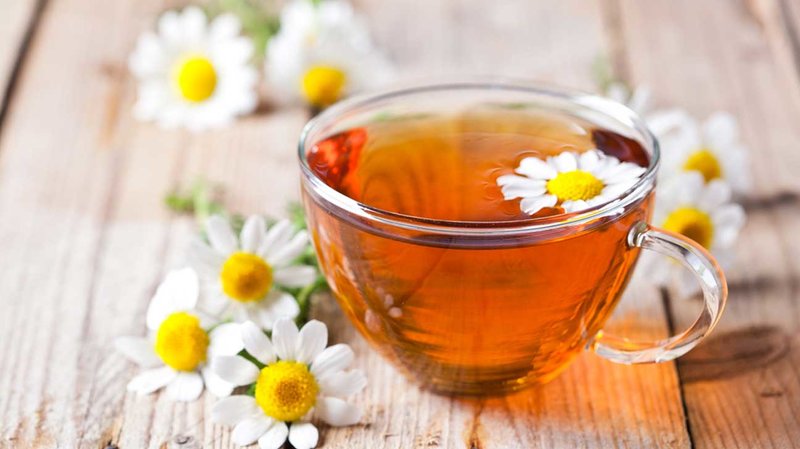
I call chamomile tea my bedtime drink. Research shows that this flower tea has anti-anxiety and soothing properties. Not only that, it’s also caffeine-free. So, the next time you feel stressed or overwhelmed, skip the caffeine and give this a shot. It’s available in most supermarkets, so finding one won’t be a difficult task.
Suitable if you’re intolerant to coffee or caffeine. Please consume in moderation.
6. Green tea Kombucha

Kombucha is a probiotic-rich fermented tea that has been consumed from ancient times. Whereas the black tea version contains more caffeine, green tea kombucha is a much safer option if you can’t handle too much caffeine. You can have it cold, at room temperature or even hot but keep in mind that heating this drink can kill the live microbes.
Kombucha improves digestion and immunity. It is also capable of reducing toxins in the liver.
Not suitable if you’re intolerant to caffeine.


